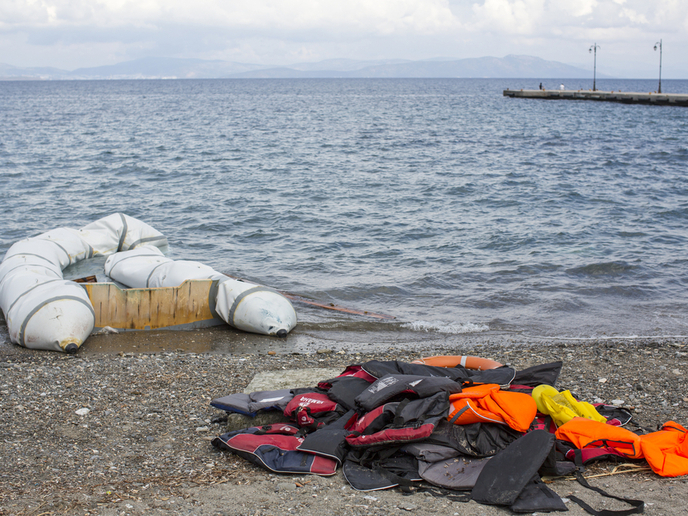Examining political power displays in early modern Europe
Impressive displays of political power were a defining feature of early modern Europe, the period between the Renaissance of the 16th century and the French Revolution in the late 18th. “These representations of political authority were a matter of state to show who was in charge, just like they are today,” explains RISK(opens in new window) project coordinator Alessandro Metlica from the University of Padua(opens in new window) in Italy. “The forms of audiovisual expression at the time would have been writing, music, performance and the visual arts. Technological devices, such as smoke, fountains and fireworks, would also have been used, to create a sort of multimedia experience.”
Political power in republics and monarchies
Metlica notes that to the modern observer, early modern European power tends to conjure up images of the absolute monarchy. The ostentatious gardens of Versailles, or over-the-top portraits of Louis XIV, might spring to mind. Researchers have also tended to focus exclusively on the monarchical context. This ignores the fact however that early modern Europe was also home to a small number of republics. These included the Italian Republics of Venice, Genoa and Lucca, as well as Ragusa in southernmost Croatia, and the Dutch Republic. “The political figureheads in these republics had neither a divine right to rule, nor absolutist power,” says Metlica. “Therefore, they could not dress like monarchs.” The question posed by the RISK project, funded by the European Research Council(opens in new window), was whether political power was expressed differently in republics, and whether republics and monarchies influenced each other in the way that power was depicted and represented.
Expertise in literature, drama and cultural history
To achieve this, RISK brought together an interdisciplinary group, with fields of expertise ranging from literature and drama to cultural history. The group included five postdocs and two PhD students. The project team examined archive republican representations of state power. These included texts and images, such as poetry, festival books, civic orations, paintings and engravings. “It was important that we worked together as a group,” notes Metlica. “We studied a lot of different sources and archival documents in languages including Latin, Italian, Dutch and Old Croatian. We also needed English and French to provide a comparison to political power in monarchies.”
Identifying national specificities and wider commonalities
This research work was then integrated, and results compared to try to identify national specificities and commonalities. “What we discovered was that there was deep ongoing communication between different realities in Europe at the time,” says Metlica. “Political strategies were shared within a broader European cultural system.” Metlica believes that this challenges the notion that early modern Europe was an era of binary opposites: monarchy versus republic; absolutism versus Enlightenment; the royal court versus the public sphere, etc. “We realised that the situation was more like a mosaic of tangled ideas,” he remarks. Metlica also believes that the project has shown the value of comparative study. “The only way to fully understand what was happening at Versailles is to see what was happening in Venice at the time,” he adds. “Europe’s diverse cultural roots, languages and cultures all exerted a wide influence on each other.”







